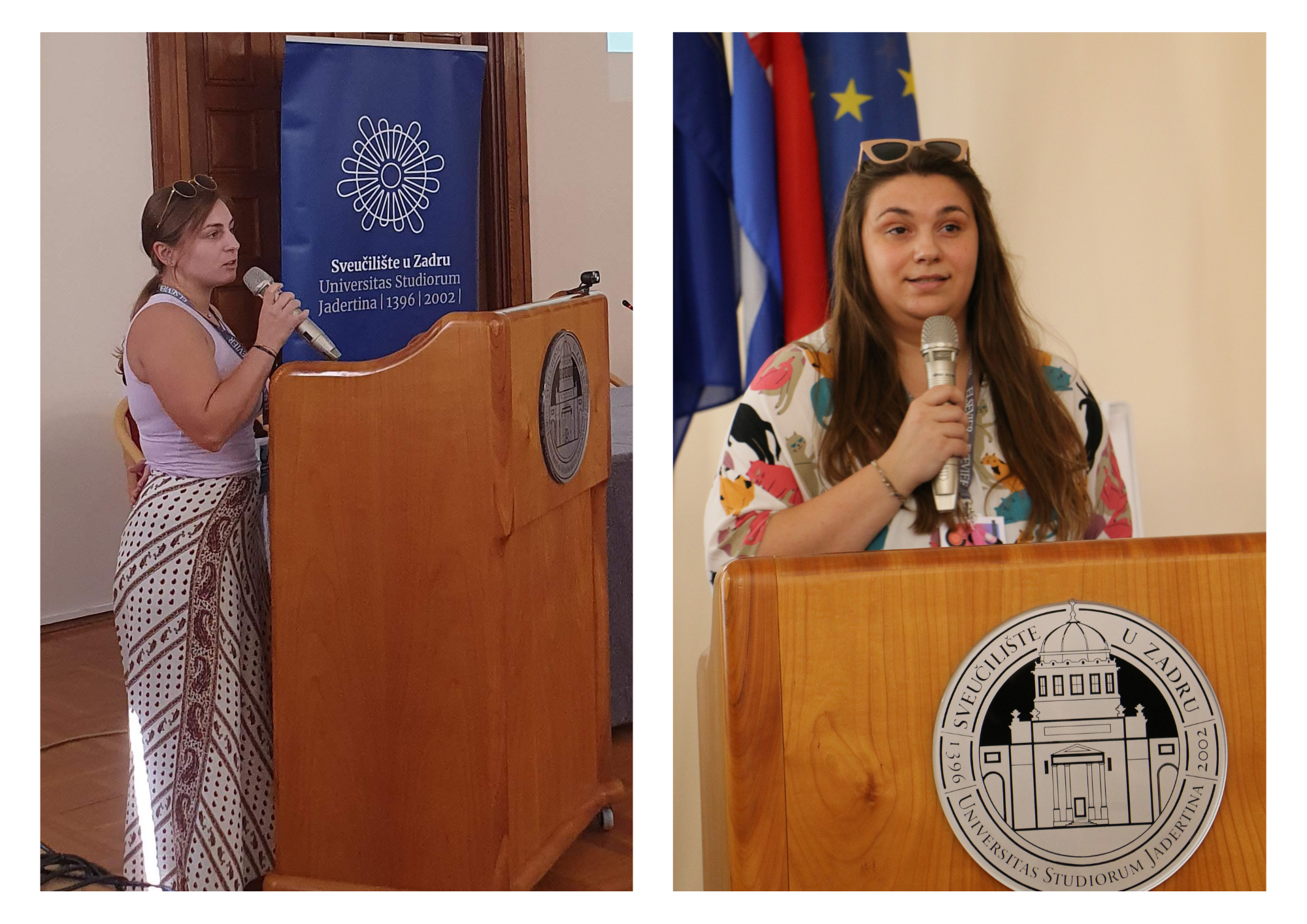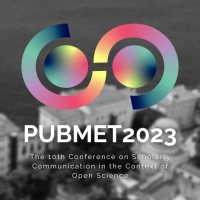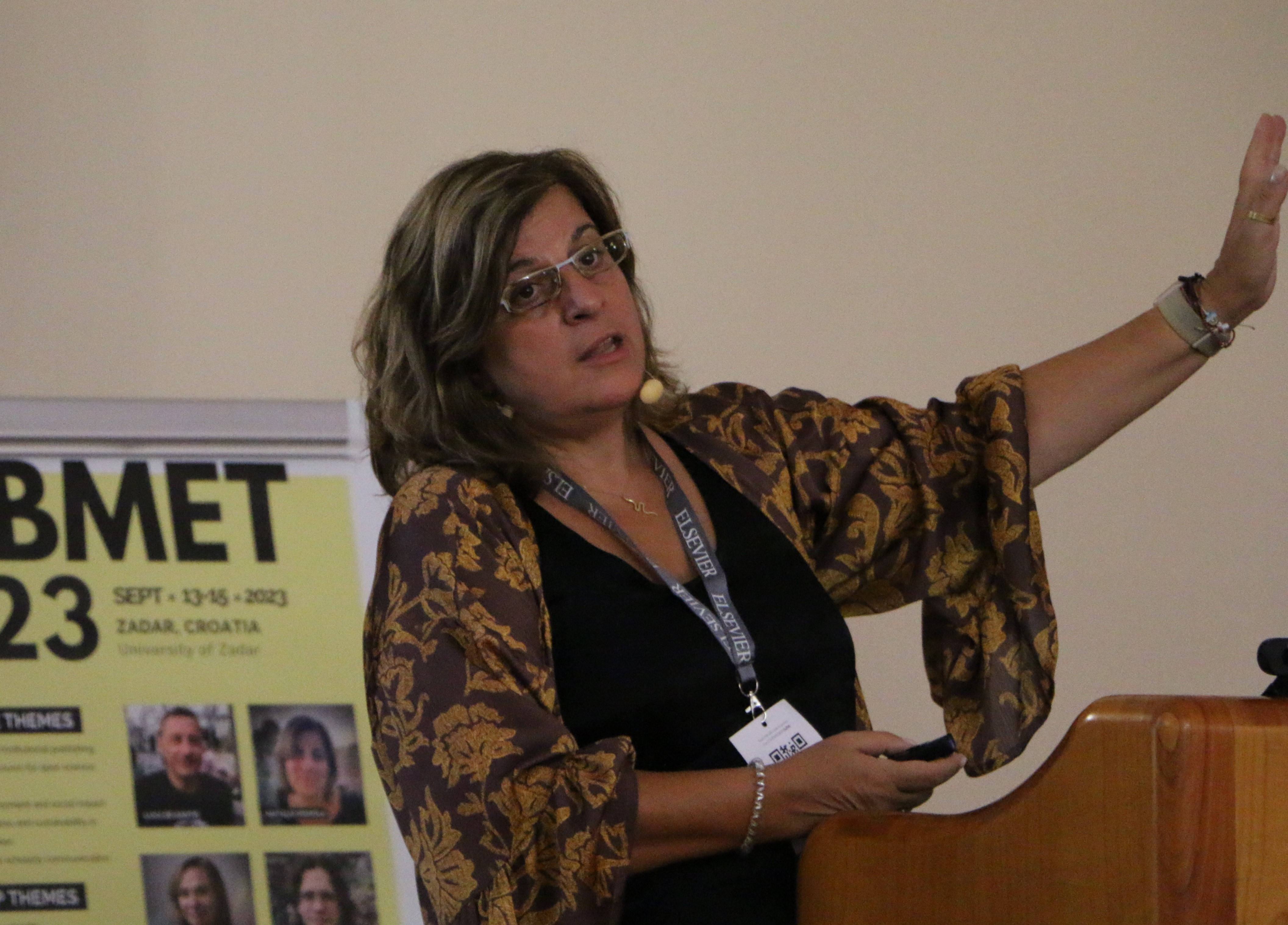This year, the University of Zadar, Ruđer Bošković Institute, Croatian Association for Scientific Communication (CROASC, cro. Hrvatska udruga za znanstvenu komunikaciju, ZNAK), Faculty of Food Technology and Biotechnology, Faculty of Medicine, and Faculty of Humanities and Social Sciences of the University of Zagreb, as well as the Faculty of Medicine at the University of Rijeka, organized the tenth PUBMET conference from the 13th to 15th of September. The conference's focus was on the return of scientific communication from the private sphere to the public good, exploring topics such as good publishing practices, platforms, and services for open access publishing, ensuring effective research through open research infrastructures, the benefits of sharing research data, and the application of artificial intelligence in scientific communication, research evaluation, and data openness. Participants had the opportunity to engage in a series of invited lectures, short presentations, workshops, a poster session, and panel discussions on publishing practices aligned with UN sustainability goals.
The conference was enriched by invited speakers in the field of scientific communication, publishing, and open science. Kathleen Shearer (Confederation of Open Access Repositories) discussed the impact of the free market on inequality in access to scholarly communication. Natalia Manola (OpenAIRE AMKE) talked about transformations in the research landscape through open science. Luca de Santis (Net7 Srl) introduced the innovative platform GoTriple, emphasizing the importance of multilingualism and multiculturalism in the scientific community. Matt Hodgkinson (UK Research Integrity Office) explored ways to leverage the existing crisis for progress in scientific communication. At the end of the conference, Predrag Pale (University of Zagreb, Faculty of Electrical Engineering and Computing) encouraged participants to contemplate by questioning artificial intelligence and fostering deep reflection on the future of this technology.
The recordings of the conference can be found on the PUBMET YouTube Channel, and presentions and posters are available in the conference programme by clicking on the presentation titles.
The Centre for Scientific Information of the Ruđer Bošković Institute and partners at the PUBMET 2023 conference
One of the invited speakers, Nataila Manola, the CEO of OpenAIRE AMKE, is actively involved in projects and collaborations with the Center for Scientific Information. Her lecture focused on the dynamic research environment and the strategic application of policies and new tools to create comprehensive systems that enhance efficiency in all stages of research, from planning to evaluation. She discussed the development of interoperable systems that include Data Management Plans, Scientific Knowledge Graphs, and FAIR Assessors - all key components of research workflows.
Centre participated through presentations in the poster session. Ivana Končić addressed the challenges associated with identifying entities involved in research processes. The complexities arising from variations in organization names and metadata across different sources were highlighted, leading to efficiency issues in information sharing, discoverability of research outputs, and ultimately, building of an integrated open scholarly communication system and OS services. To address these challenges, OpenAIRE introduced OpenOrgs - a tool that combines automated processes with human curation. OpenOrgs gathers data from multiple sources aggregated through the OpenAIRE infrastructure, compares metadata, identifies duplicates, following manual verification by data curators from around the world.

Sanja Jurković presented a poster on the PATTERN project. This comprehensive, Horizon Europe initiative aims to advance and promote open and responsible research and innovation (RRI) across Europe, through training activities designed for researchers at all career stages. The project involves a total of 19 European organizations and institutions, including the Ruđer Bošković Institute, contributing to the development and implementation of training programs. These training programs are designed to enhance scientists' competencies, empower educational and research institutions, and contribute to the interaction between science and society. PATTERN will empower researchers and institutions alike, and through its development and collaboration, contribute significantly to the advancement of science and society in the European Research Area.
Written by: Ivana Končić and Sanja Jurković


